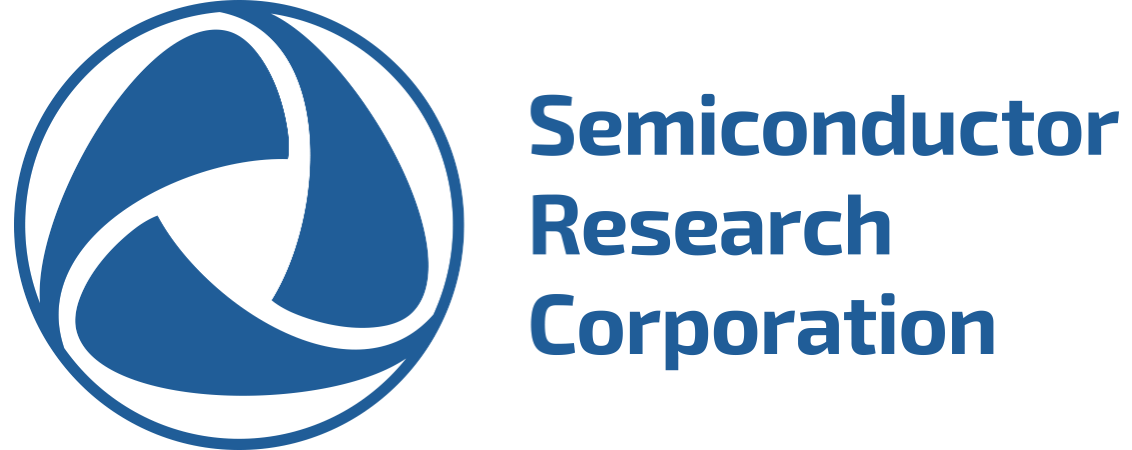SRC Proposals for STARSS
Overview
Welcome to the SRC information for submitting proposals to Secure, Trustworthy, Assured and Resilient Semiconductors and Systems (STARSS), a joint program of the Semiconductor Research Corporation and the National Science Foundation. At the bottom of this page is a description of the goals of this program and the research topics of interest. See also: NSF information about STARSS.
After becoming familiar with the description of desired research, if you wish to submit a proposal, first submit your proposal to NSF, and then follow these steps to submit the same proposal to SRC. In summary:
- Submit your proposal to NSF, and save the PDF file that you receive from NSF FastLane.
- Obtain a proposal ID from SRC (this will be different from the NSF proposal ID).
- Generate a cover page for your proposal.
- Prepare your proposal by creating a PDF file with the signed SRC proposal cover page incorporated with the NSF proposal as submitted.
- Upload your completed SRC proposal PDF.
STARSS Secure, Trustworthy, Assured and Resilient Semiconductors and Systems
About STARSS
STARSS is a joint effort of the National Science Foundation (NSF) and the Semiconductor Research Corporation (SRC). In order to be considered for funding under STARSS, a proposal must be submitted to both NSF and SRC according to each organization’s proposal and submission guidelines. It is expected that, at a minimum, the project summary, project description, and budget, will be identical in the proposals submitted separately to NSF and SRC. Certain documentation/information specific to each organization is required. Please see: NSF information about STARSS and SRC instructions for STARSS proposals.
Research Topics
STARSS is focused on research on Design for Assurance. Specifically, STARSS will support research to develop designs, analysis strategies, processes and tools for secure, trustworthy, reliable and privacy-preserving chips, systems, computing and communications, with the aim of decreasing the likelihood of unintended behavior or access, increasing resistance and resilience to tampering, and improving the ability to provide authentication throughout the supply chain and in the field.
The following topics are representative of relevant research areas:
- Architecture and design. Approaches, models and frameworks for reasoning about and specifying hardware-specific security properties. These design and architecture approaches should not be studied in isolation; the impact of security at the level of circuits and processors must be understood in terms of system-wide functionality, performance, and power goals.
- Principles, properties and metrics. Hardware security design principles and semiconductor-specific properties. Security metrics for evaluating or comparing designs, and that are extensible and potentially useful for privacy composition or for providing trust evidence at the system level.
- Verification. Tools, techniques, and methodologies for verifying hardware-specific security properties and enforcing security design principles. Innovative approaches to establish safety properties without knowing all aspects of the design, and thereby providing strong provable assurance. Approaches to increase automation of security verification and analysis.
- Embedded software and firmware. Strategies and techniques to reduce vulnerabilities in embedded software and firmware, and for providing updates to address known vulnerabilities discovered after deployment in the field.
- Authentication and attestation. Models for the insertion of artifacts or design elements that are verifiable during design and throughout the life cycle. Supporting issues, such as the generation, protection and establishment of trust models for hardware-implemented keys, are also of interest.
STARSS provides an opportunity for close collaboration with SRC industry members. When considering topics for research, proposers are encouraged to review past awards made by the STARSS activity and identify areas that are within the technical scope and not already the subject of study. Proposals in areas not already covered by prior projects are particularly encouraged. To find past STARSS awards, go to http://www.nsf.gov/awardsearch and search for "STARSS."
Guide for submitting your STARSS proposal to SRC
0 Establish an SRC web account.
If you have not yet done so, sign up for a web user account now.
1 Request an SRC proposal ID.
As early as possible, and well prior to the submission deadline, request your Proposal ID via email from the SRC proposal administrator.
- Your SRC proposal ID and your NSF proposal ID will be different.
- You may request your SRC proposal ID before you submit your proposal to NSF.
Use the subject line "SRC Proposal ID (STARSS)", and include this information in the email:
- Title of proposal (please match the title of your NSF-submitted proposal)
- University name (U.S. universities only)
- Principal Investigator's (PI's) university phone and email address
Check for an email response from SRC containing your SRC proposal ID.
2 Generate a cover page for your SRC proposal.
On the SRC proposal submission page, enter the SRC proposal ID and the email address of the Principal Investigator (PI). Then complete the form to generate an SRC proposal cover page using the following guidance.
- On the submission form, the contract start and end dates should be 10/1/2018 and 9/30/2021.
- When asked about related work previously receiving funding, answer “No” — we assume that related funding has been described in the NSF proposal.
- In response to the cost sharing question, answer “No.”
- For budget, enter the three-year and first-year totals from the NSF proposal submission.
When ready, print your SRC proposal cover page.
3 Prepare the SRC proposal PDF.
Collect signatures, then scan the signed proposal cover page. Generate a proposal PDF that uses the PDF of the proposal you submitted to NSF Fastlane and incorporates the SRC cover page (as the first page). Note: SRC will use the detailed budget information from the NSF proposal.
4 Upload the SRC proposal PDF.
Return to the SRC proposal submission page, resume the proposal submission process by entering the proposal ID and PI's email address, then upload the proposal PDF (with the SRC cover page on top).


